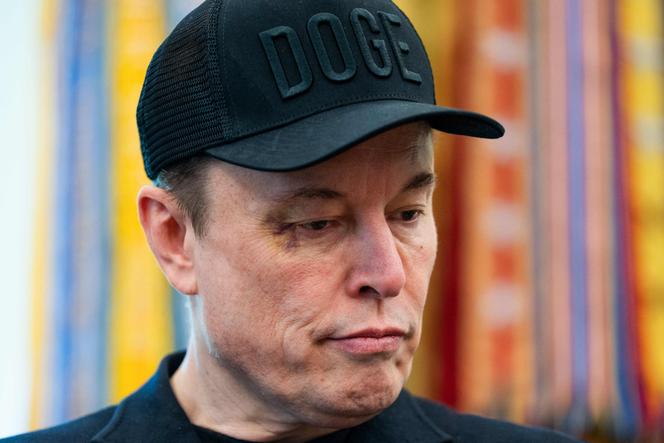

Elon Musk's mission at the head of the Department of Government Efficiency (DOGE) has come to an end. In the end, he fell far short of fulfilling his mandate. The billionaire officially stepped down from his role as "special government employee" on Friday, May 30, leaving a track record dubious in both substance and style, and certainly far below the initial promises to cut "$1 trillion" in "waste" from US public spending.
Donald Trump launched DOGE claiming its impact would rival that of the Manhattan Project, which enabled the United States to build the first nuclear bomb at the end of World War II. Four months later, DOGE looks more like a damp squib, creating more chaos within the civil service than it did savings for the federal budget.
According to an official but questionable tally, the savings amounted to $175 billion. The figures are unverifiable, often inflated, and rely on outdated data. The embellished results barely conceal a cost-cutting campaign driven mainly by ideology and offering only the illusion of effectiveness.
This failure was predictable. Since Trump had pledged not to touch the defense or welfare budgets, the range of expenditures Musk could target was extremely limited. These outsized ambitions could only morph into an anti-government crusade.
The approach boiled down to indiscriminate cuts in government agencies and civil service staffing, without any prior audit of public utilities. Inexperience and a lack of understanding of government operations led Musk's teams to undermine certain programs in public health, nuclear safety, air regulation, education and tax collection, with no concern for the medium-term, counterproductive effects on the US economy.
With little room for maneuver, DOGE turned to scapegoats such as the United States Agency for International Development (USAID), which is primarily responsible for humanitarian aid. This populist and cynical decision upended the lives of millions of people around the world in exchange for meager savings on the scale of the US budget, and at the cost of lasting damage to the country's international influence.

While Musk was engaged in savings efforts that were more showmanship than serious government reform, Trump pushed through a budget bill in the House of Representatives on May 22 that will increase the public deficit by $3.3 trillion over the next 10 years. This budgetary drift speaks volumes about the sincerity of the US president's commitment to reducing spending under the guise of "government efficiency."
Perhaps DOGE's most significant legacy is the boost it gave to the idea that wielding a chainsaw on public budgets is enough to resolve problems instantly. One can only hope that, with Musk, the illusion that a state can be run like a business will be short-lived. With unmet objectives and management that alienated his teams, what CEO would survive such a record?
Translation of an original article published in French on lemonde.fr; the publisher may only be liable for the French version.
